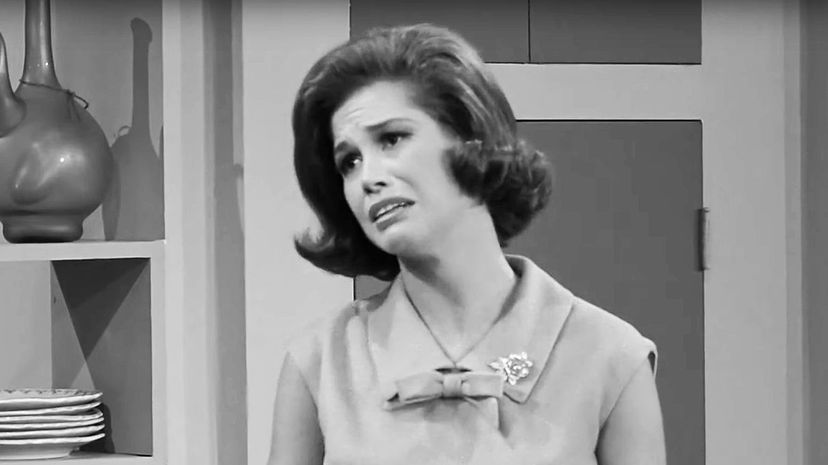
About This Quiz
"Are you a TV buff with a love for the classics? Test your knowledge of 1960s television with our fun and challenging trivia TV show quiz! From iconic dramas, game show, to beloved comedies, we've got TV trivia questions that will take you back to a time when TV was king. So, grab your remote and see if you can pass our 1960s TV trivia challenge!
Step back in time to the era of Kennedy's Camelot and the Summer of Love as we explore the cultural and political landscape that shaped a generation. With TV sets in nearly every household by 1969, television was becoming a powerful force in shaping how we viewed the world. From groundbreaking shows like ""The Twilight Zone"" to boundary-pushing dramas, the 1960s were a golden age for TV that forever changed the way we entertained ourselves.
Join us for a trip down memory lane as we revisit the classic moments and beloved shows that defined 1960s television. Whether you were a die-hard fan back in the day or just love watching reruns, our TV trivia questions is sure to challenge your knowledge of this iconic era in television history. So, grab some popcorn, settle in, and see if you can pass our ultimate 1960s TV trivia quiz!
"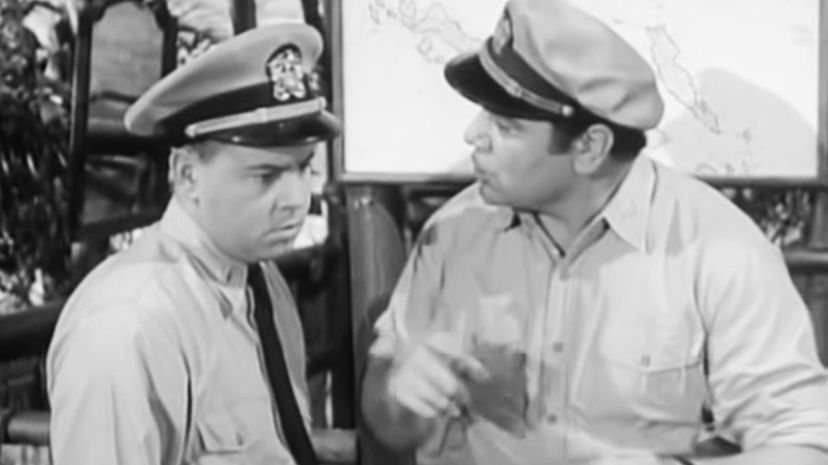
Before "The Carol Burnett Show," Tim Conway honed his comedic chops on the military farce "McHale's Navy." As second-in-command to Ernest Borgnine's Lt. Cmdr. McHale, Conway's Ensign Chuck Parker often got himself and the crew into wacky situations through his lack of military acumen.
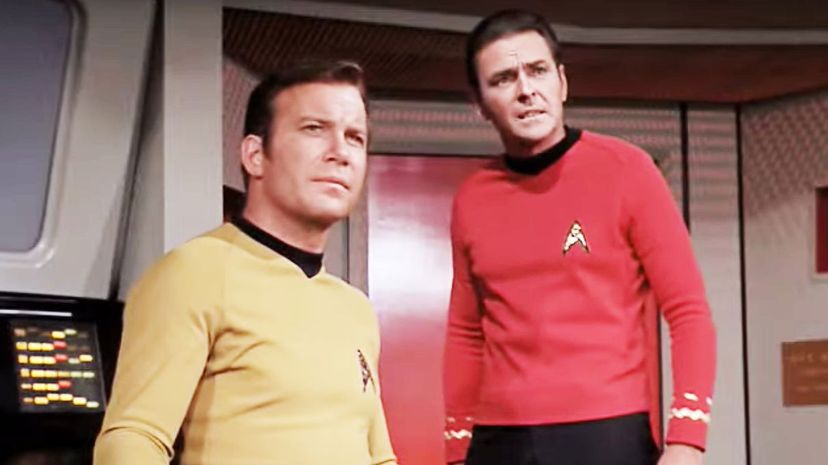
In the annals of television history, there is no success story like "Star Trek." Created by Gene Roddenberry, the show follows the adventures of the Starship Enterprise. Canceled after only three seasons, it would find its audience in syndication, spawning a franchise that thrives to this day.
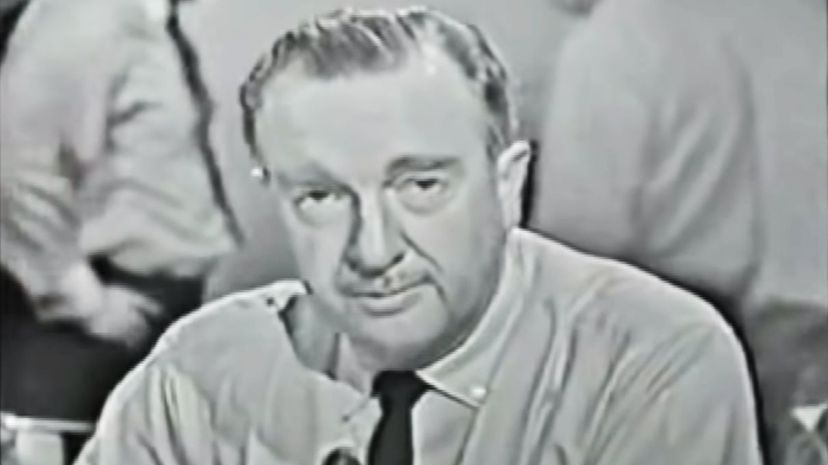
From 1962 to his retirement in 1981, Cronkite anchored the "CBS Evening News," shepherding TV viewers through both good times and bad. From the assassination of JFK to the moon landing to the war in Vietnam, Cronkite was the voice on which America relied.
Advertisement
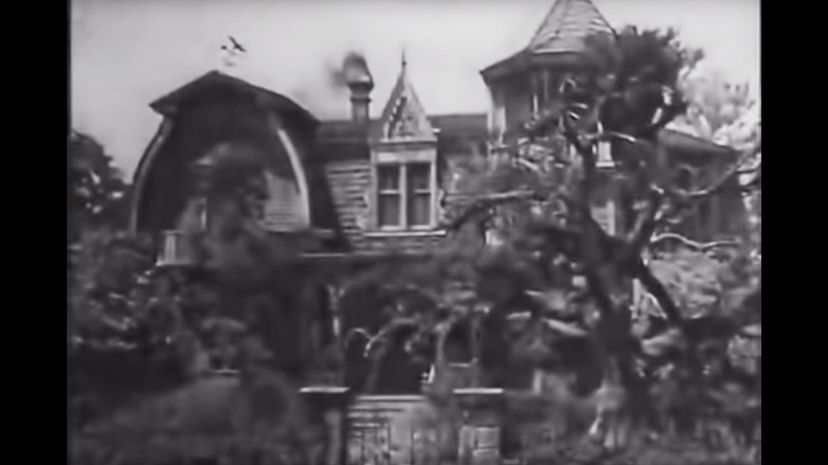
1313 Mockingbird Lane is, of course, the address of that wholesome family of fiends from "The Munsters." Blending the spooky atmosphere of the classic Universal monster movies with the all-American family ethos of the family comedies of the day, "The Munsters" is an enduring classic.
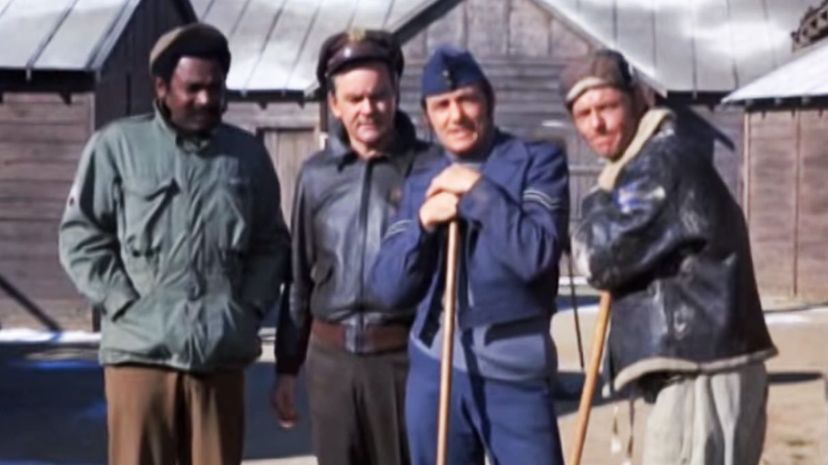
Richard Dawson, perhaps best known for his long stint as host of the game show "The Family Feud," played Stalag 13's resident conman, Corporal Newkirk in the game show "Hogan's Heroes." Although a series about Allied POWs in WWII seems an unlikely subject for a comedy, the game show ran from 1965 to 1971.
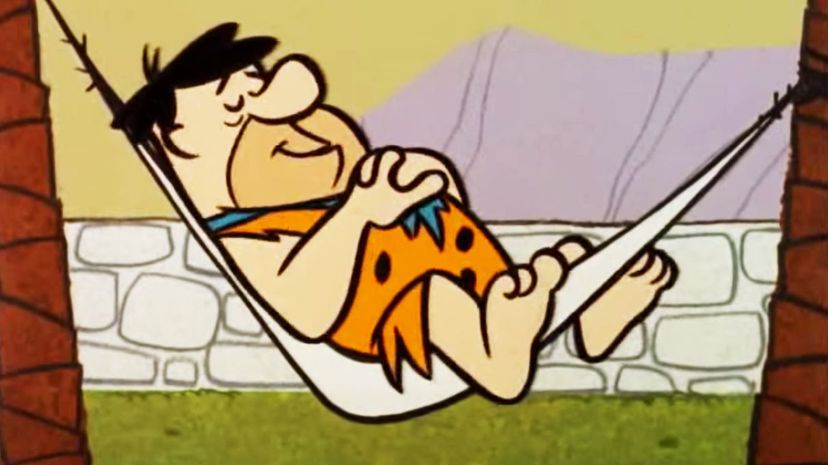
With the popularity of prime time animated fare like "The Simpsons" and "Bob's Burgers," it's hard to imagine that there was a time when animation was considered solely the domain of kids' programming. The first cartoon to break into the coveted prime time spot was "The Flintstones" in 1960.
Advertisement
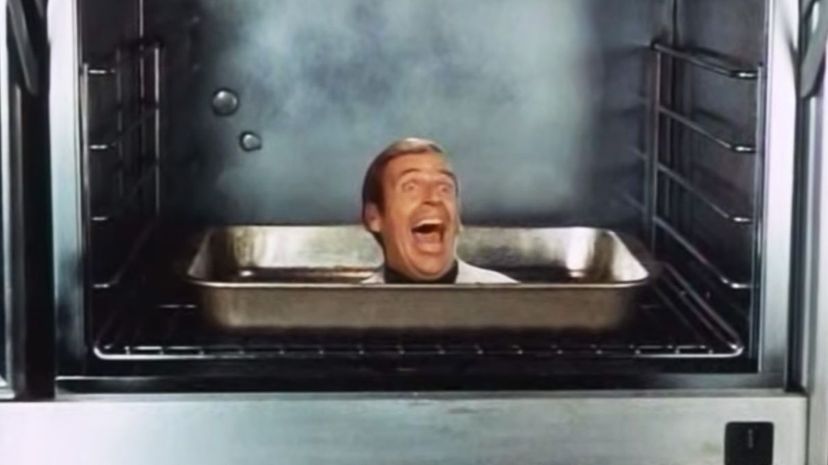
Paul Lynde brought his outrageous persona to the role of Uncle Arthur, a recurring character on the fantasy sitcom "Bewitched." Arthur's love of mischief and practical jokes combined with his formidable magic often landed him in trouble with niece Samantha (Elizabeth Montgomery).
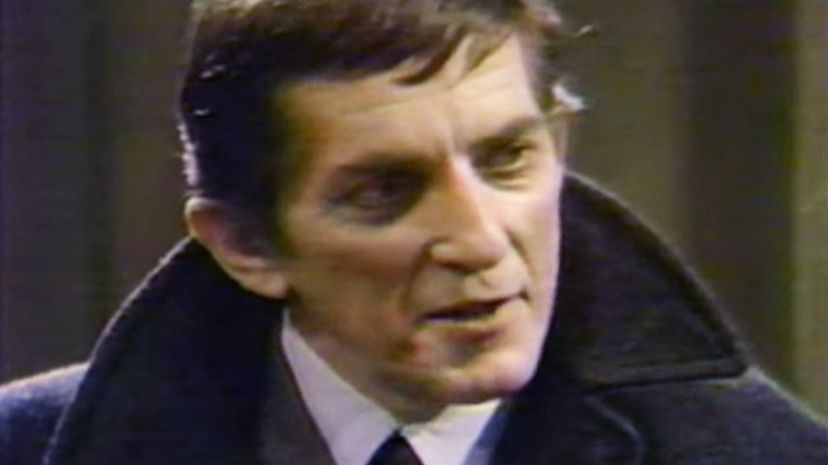
For much of its first year, "Dark Shadows" suffered flagging ratings and the constant threat of cancellation. The show's fortunes changed dramatically with the introduction of vampire Barnabas Collins (Jonathan Frid) to its gothic setting. Frid's character was a sensation, causing ratings to skyrocket.
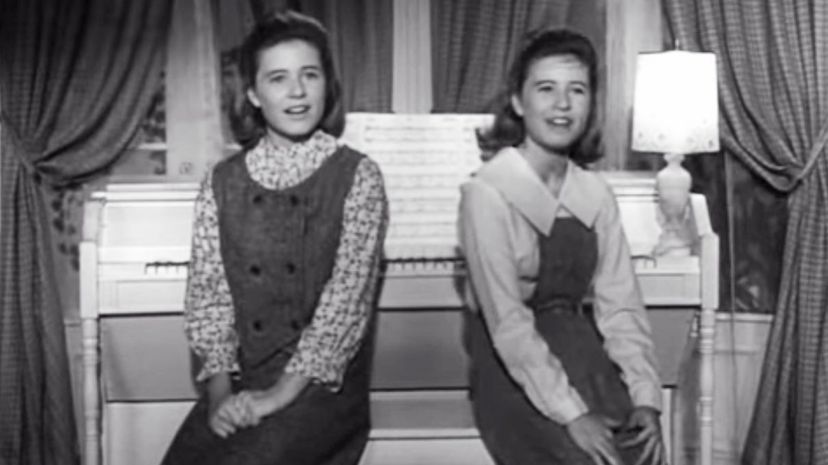
From 1963 to 1966, Patty Duke starred for three seasons in the dual roles of identical cousins Patty and Cathy Lane on the "The Patty Duke Show." A showcase for Duke's acting talent, the young actress convincingly portrayed prim and proper Brit Cathy and typical American teenager Patty.
Advertisement
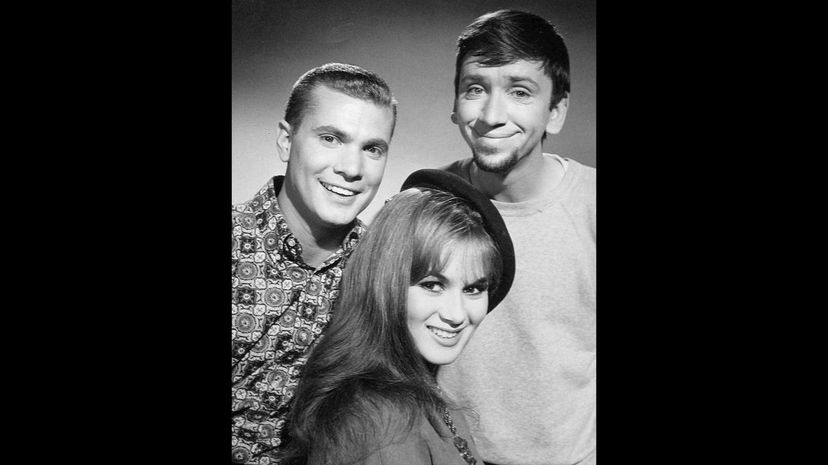
Although he'll forever be remembered as Gilligan, the bumbling first mate of the S.S. Minnow, TV audiences first fell in love with the late Bob Denver as Maynard G. Krebs on "The Many Loves of Dobie Gillis." As the bongo-playing Krebs, Denver was the pop culture paradigm for the typical beatnik.
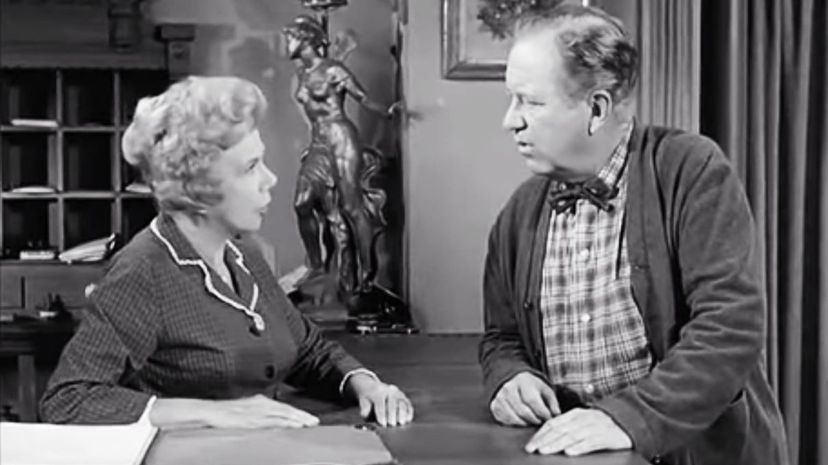
Before Marvel made shared universes popular, writer/producer Paul Henning set three of his rural comedies firmly in the same world. While both "Green Acres" and "Petticoat Junction" were set in fictional town of Hooterville, it wasn't uncommon for the Clampetts of "The Beverly Hillbillies" to drop in for a visit.
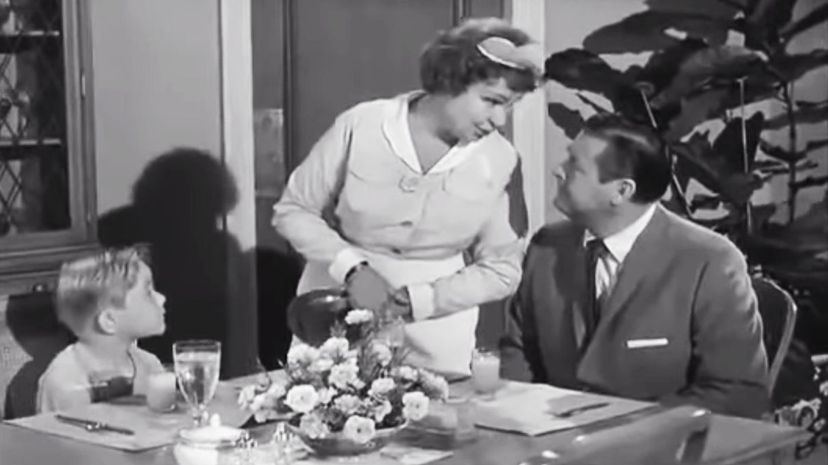
Based on "The Saturday Evening Post's" long-running, single-panel cartoon series, "Hazel" premiered on NBC in 1961. Starring Shirley Booth as the eponymous live-in housekeeper, the show follows the strong-willed maid and her humorous interactions with her employers the Baxters and their neighbors.
Advertisement
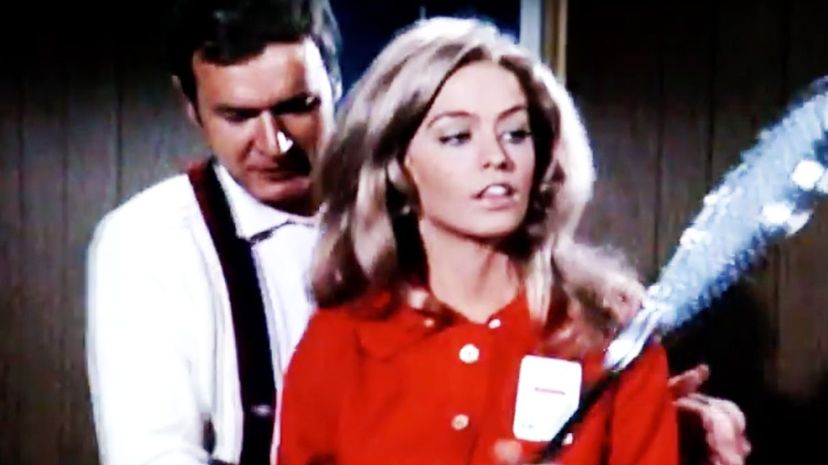
Future "Charlie's Angels" star and best selling poster girl Farrah Fawcett appears in two fifth-season episodes of the classic fantasy sitcom "I Dream of Jeannie." In both episodes, she plays the gal pal of Major Nelson's (Larry Hagman) best friend Roger Healey.
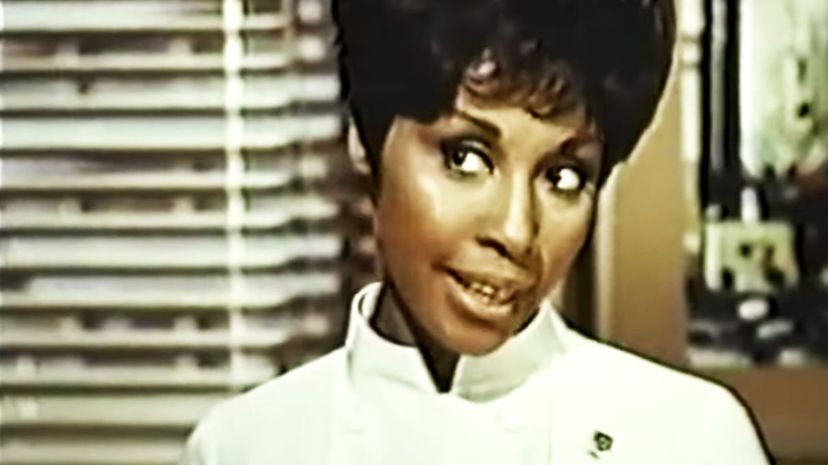
Initially criticized for being "unrealistic," the 1968 sitcom "Julia" has, in retrospect, been reevaluated as a groundbreaking moment in TV history. Diahann Carroll has the title role as a widowed, African American mother who must raise her young son while maintaining a career as a nurse.
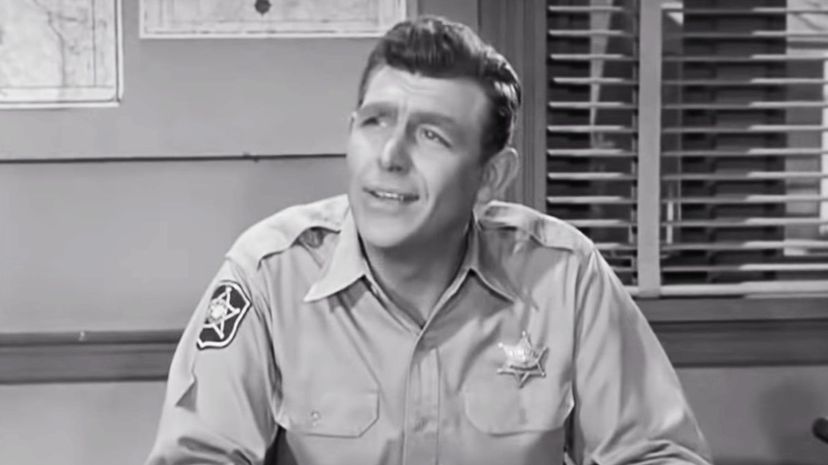
"The Andy Griffith Show's" iconic theme is titled, appropriately enough, "The Fishin' Hole." Composed by Earl Hagen and Herbert Spencer and whistled by Hagen, actor Everett Sloane wrote lyrics for the song which were never included on the show.
Advertisement
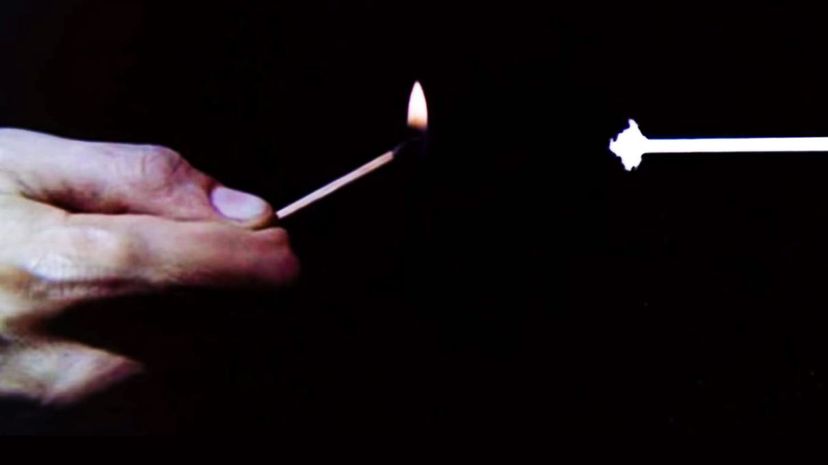
"Mission: Impossible" was the most enduring series to come out of the '60s spy craze. Premiering in 1966, the action-packed show followed the exploits of the IMF, a team of agents known for their expertise in difficult missions. The show was revived in 1996 as a film series starring Tom Cruise.

A TV follow up to two successful theatrical films, "Flipper" was co-created by writer Jack Cowden and actor, stuntman and underwater cinematographer Ricou Browning. Browning is best known for portraying the Gill-man in the underwater sequences of "The Creature From the Black Lagoon."
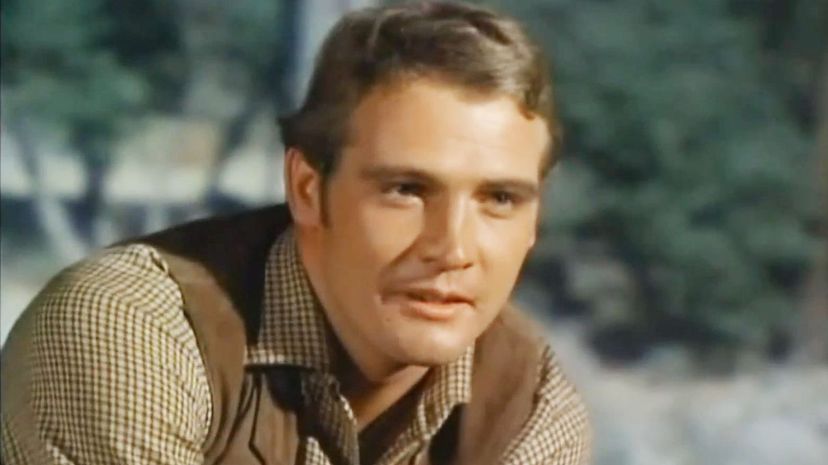
Lee Majors, who would go on to greater fame in the '70s action series "The Six Million Dollar Man," co-starred as Heath Barkley on the Western drama "The Big Valley." Majors' character was the illegitimate son of a rancher fighting for his place in the wealthy Barkley family.
Advertisement
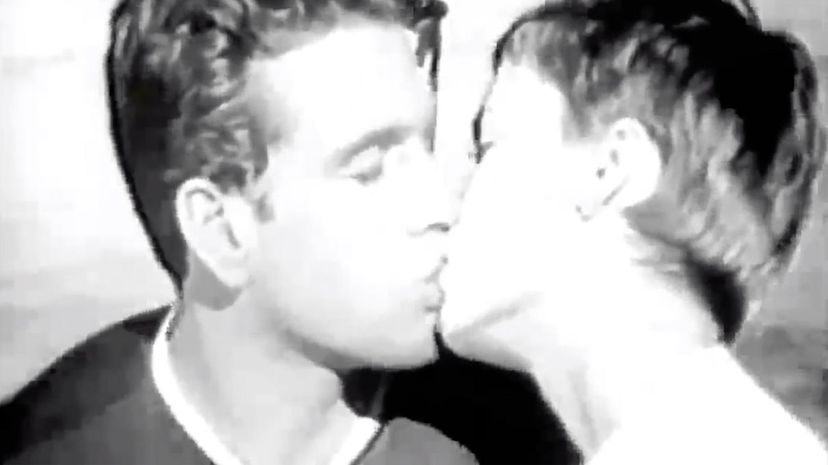
"Peyton Place" was based on the 1956 novel of the same name by Grace Metalious. Predating the popularity of primetime soap operas like 1978's "Dallas" by over a decade, the show's frank treatment of adult themes resulted in the show being initially scheduled at 9:30 p.m.
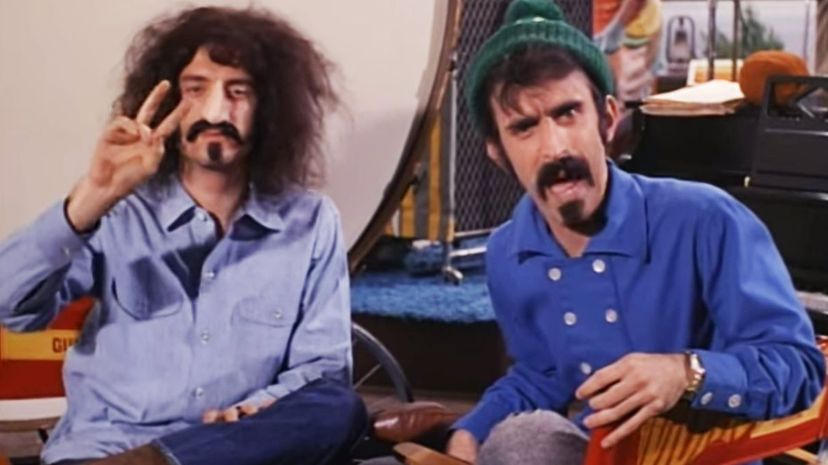
In the 1968 episode "The Monkees Blow Their Minds," Mike Nesmith and Frank Zappa switched identities for a bizarre interview which found the leader of the Mothers of Invention donning Nesmith's signature wool hat. Nesmith, in wig and false nose as Zappa, calls the Monkees' music "insipid and banal!"
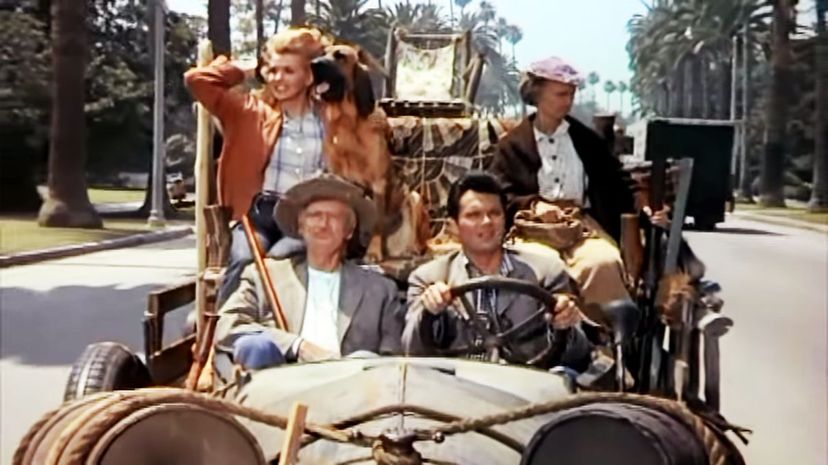
One of the most popular and enduring sitcoms of the 1960s is "The Beverly Hillbillies." Starring Buddy Ebsen as mountaineer Jed Clampett who strikes it rich when he discovers oil on his land, his story is recounted in song in every episode through Flatt and Scruggs' "The Ballad of Jed Clampett."
Advertisement
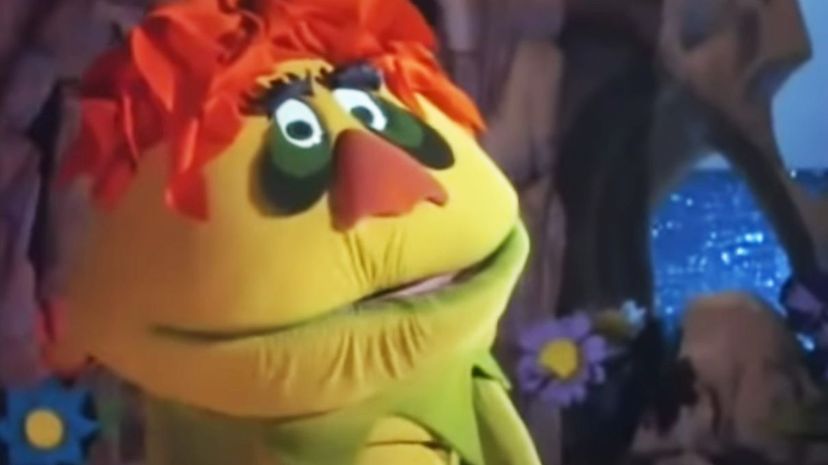
Running for only 17 episodes, 1969's "H.R. Pufnstuf" was a psychedelic freakout for the preschool set. Created by Sid and Marty Krofft, this surreal Saturday morning series featured the adventures of Jimmy (Jack Wild), a normal kid swept away to a land of dragons, witches and talking flutes.
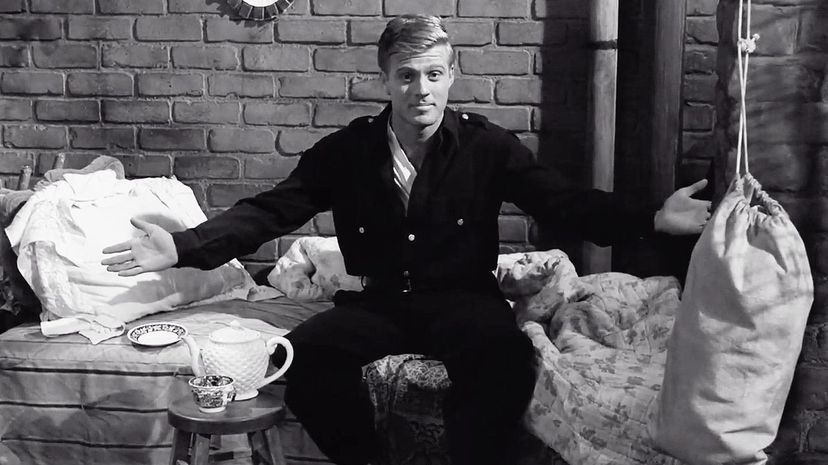
Rod Serling's "The Twilight Zone" is best remembered for its top-notch writing and frightening twist endings. However, it was also a showcase for up-and-coming actors. In the 1963 episode "Nothing in the Dark," a young Robert Redford played a personification of death.
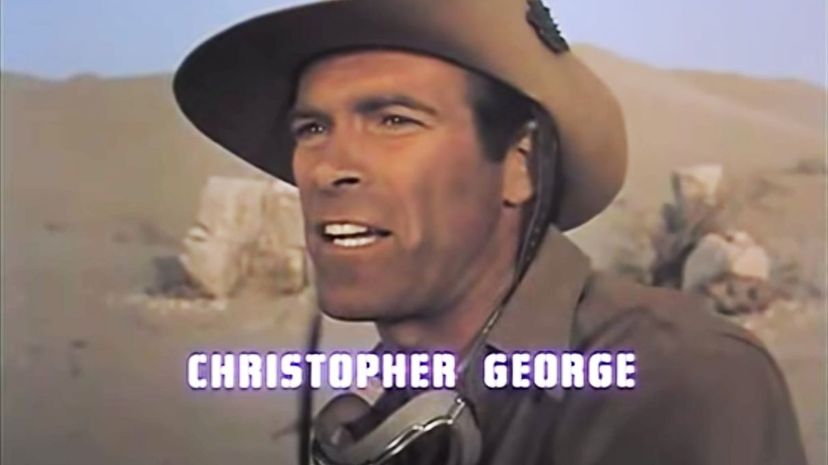
"The Rat Patrol" starred Christopher George as Sgt. Sam Troy, commander of an elite desert patrol group fighting Rommel's Afrika Korps during the Second World War. Although it was popular in the United States, the show's many historical inaccuracies drew the ire of British and Australian audiences.
Advertisement
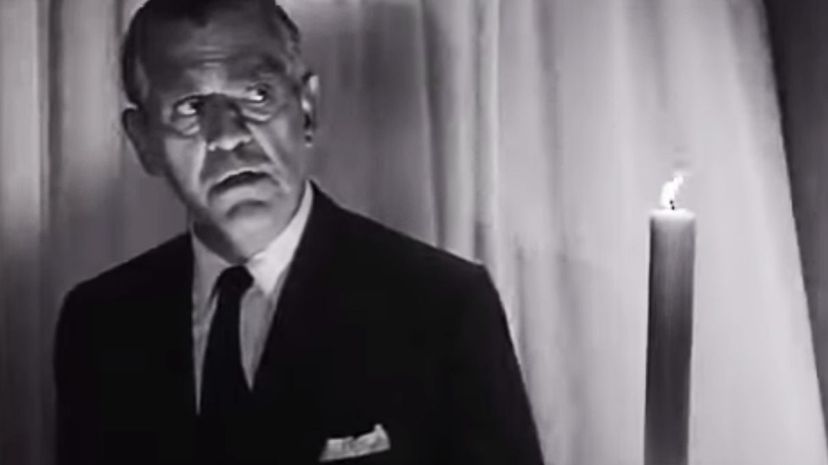
"Thriller" was hosted by Boris Karloff, best known for his role as the creature in Universal's classic "Frankenstein." An anthology show, "Thriller" featured horror and suspense stories written by such authors as Robert Bloch.
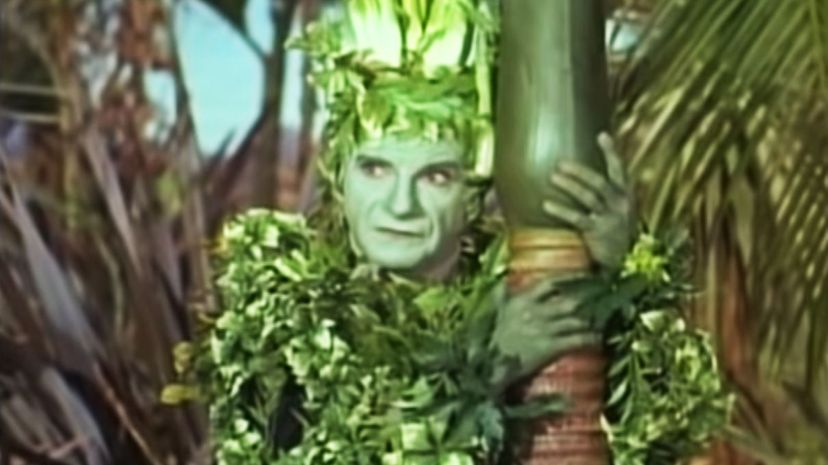
In the last season of "Lost in Space," the stuffy, cowardly and vaguely villainous Dr. Smith (Jonathan Harris) was transformed into a sentient stalk of celery. The episode titled "The Great Vegetable Rebellion," although reviled by sci-fi fans, has since become a cult favorite.
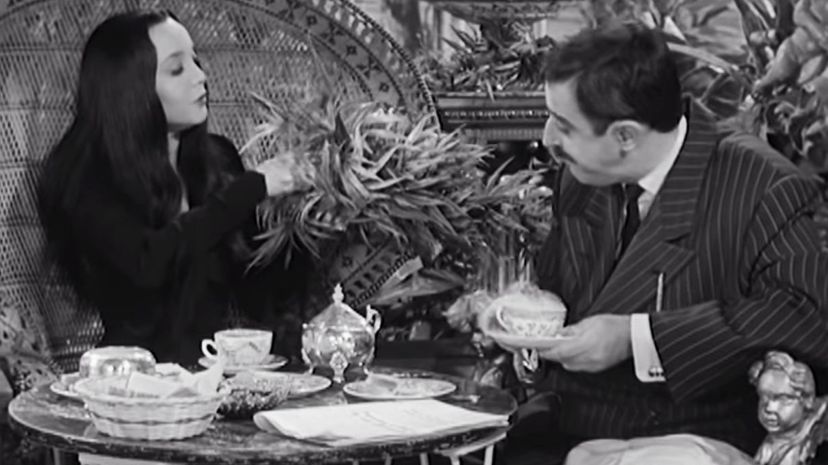
Addams family matriarch Morticia (Caroline Jones), had quite the green thumb. In many episodes, she can be seen snipping those pesky blooms from her roses are feeding her man-eating "Boston Strangler," Cleopatra.
Advertisement
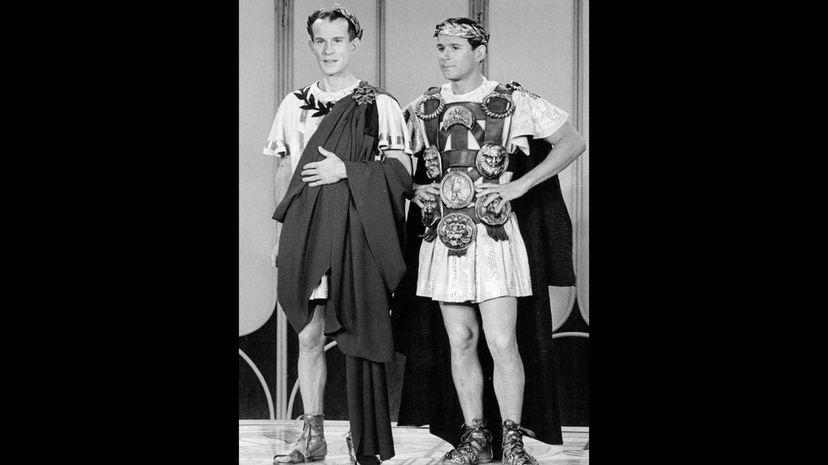
Comedy duo The Smothers Brothers found themselves in constant hot water over the content of their variety show. Unafraid to address the hot button topics of the era, "The Smothers Brothers Comedy Hour" often ran afoul of network censors resulting in the show's cancellation in 1969.
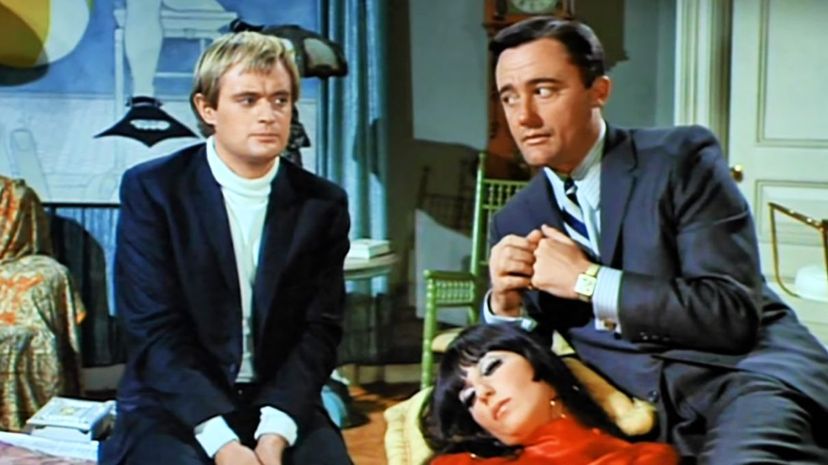
"The Man from U.N.C.L.E." focused on the exploits of secret agents Napoleon Solo (Robert Vaughn) and Illya Kuryakin (David McCallum) in their ongoing battle against THRUSH. THRUSH was so dangerous, Cold War adversaries Russia and the United states joined forces to combat it.
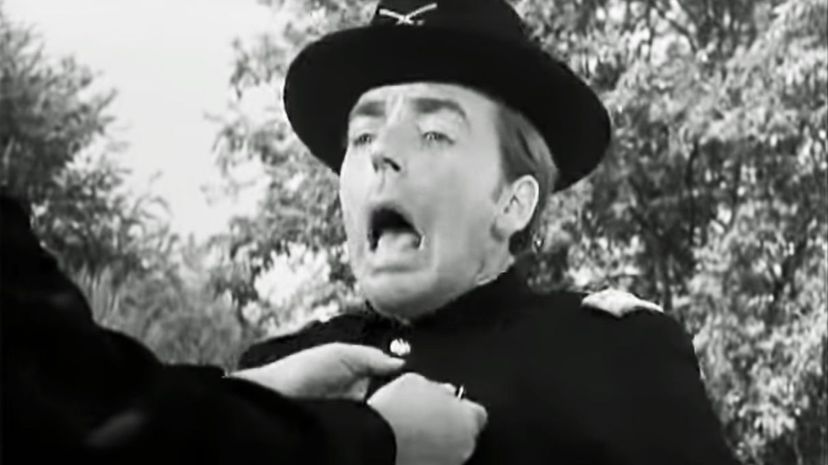
From 1965 to 1967, TV audiences were treated to the slapstick misadventures of the soldiers of "F Troop." Set at the fictional Fort Courage, the show starred Ken Berry as the bumbling Captain Wilton Parmenter, who's in charge of a misfit brigade of cavalry troops.
Advertisement
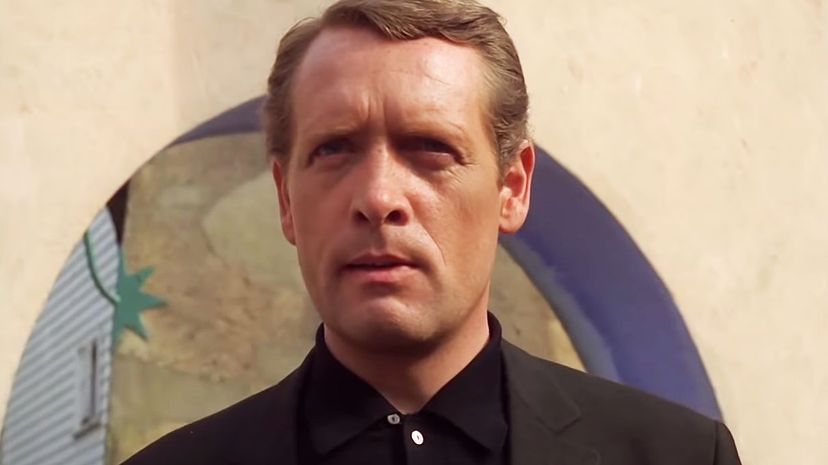
British actor Patrick McGoohan co-created and starred in the surreal 1967 drama "The Prisoner." Known only as Number Six, McGoohan plays a recently retired secret agent who finds himself trapped in an idyllic village where he's constantly interrogated for information by a figure called Number Two.
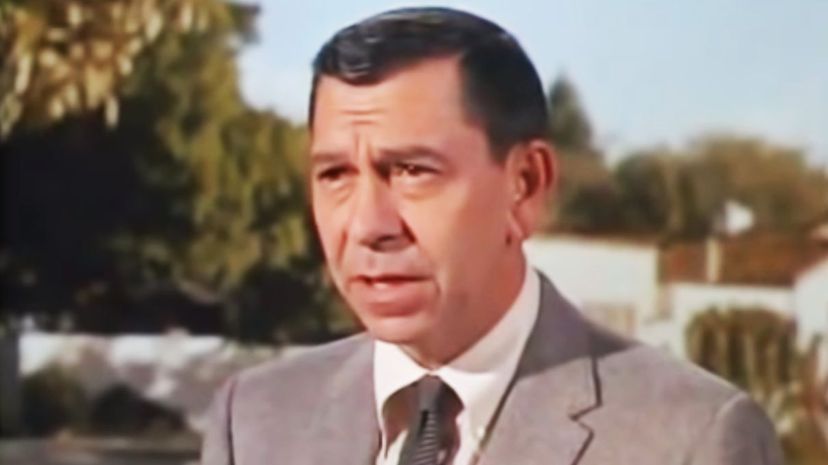
Creator and star Jack Webb successfully brought his popular '50s cop drama "Dragnet" back to the small screen in 1967. Retaining its signature style but tackling contemporary themes like the counterculture and drug use, the revived series lasted until 1970.
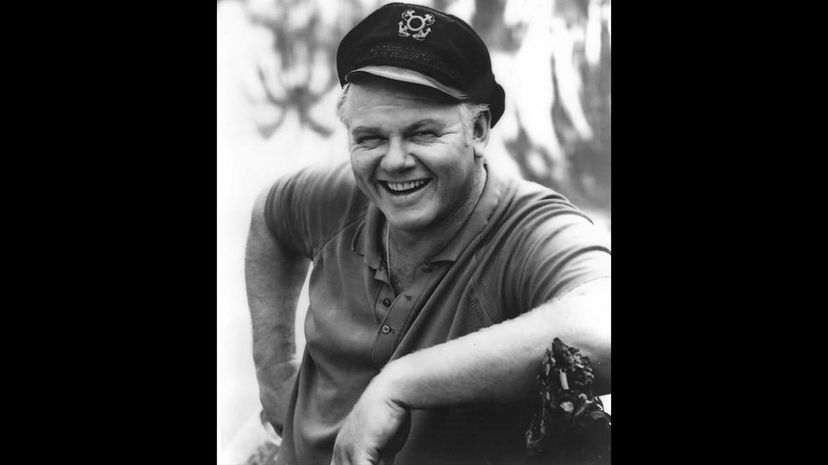
Comedic actor Alan Hale Jr. played the hapless skipper of the S.S. Minnow for three seasons on "Gilligan's Island." Although the Skipper is almost exclusively referred to by his informal title and nickname, his actual name as indicated in the pilot is Jonas Grumby.
Advertisement
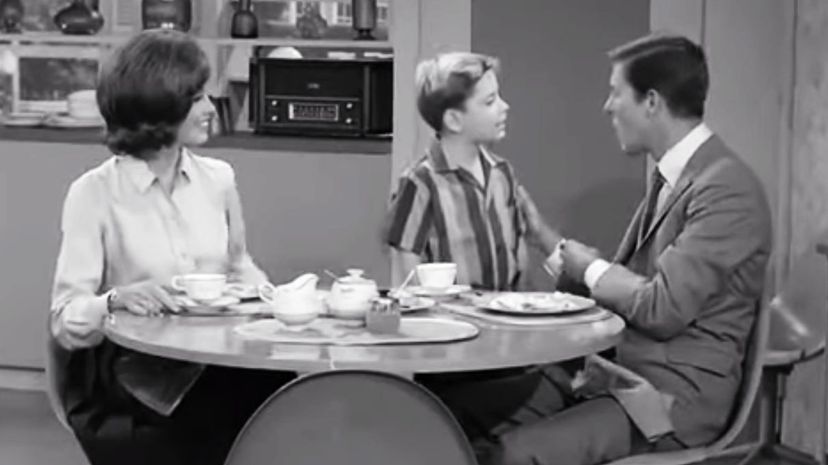
Rob and Laura Petrie (Dick Van Dyke and Mary Tyler Moore), hoping to save their son (Larry Mathews) some embarrassment, kept his middle name a secret. After finding his birth certificate, Richie learns his middle name is Rosebud, an acronym for "Robert Oscar Sam Edward Benjamin Ulysses David."
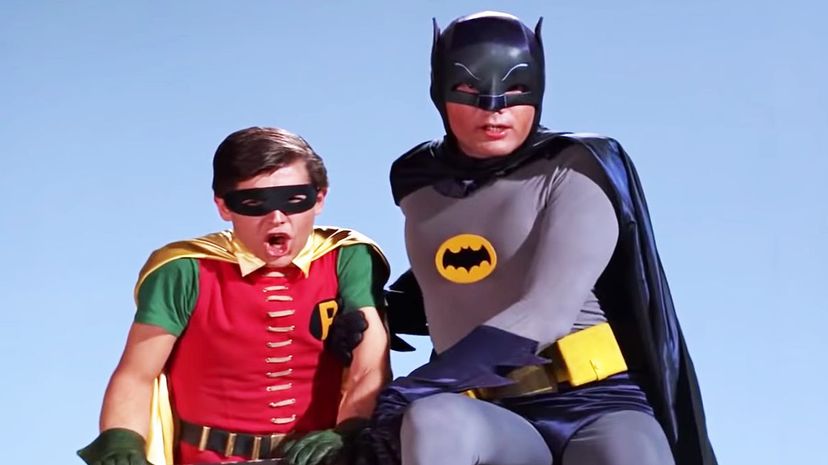
Despite being a fixture of the comic book, Two-Face never appeared on the 1966-1968 TV series. Nevertheless, legendary author Harlan Ellison did pen a rejected outline that would have introduced the iconic villain. Ellison's story was finally published as an issue of the comic "Batman '66" in 2014.